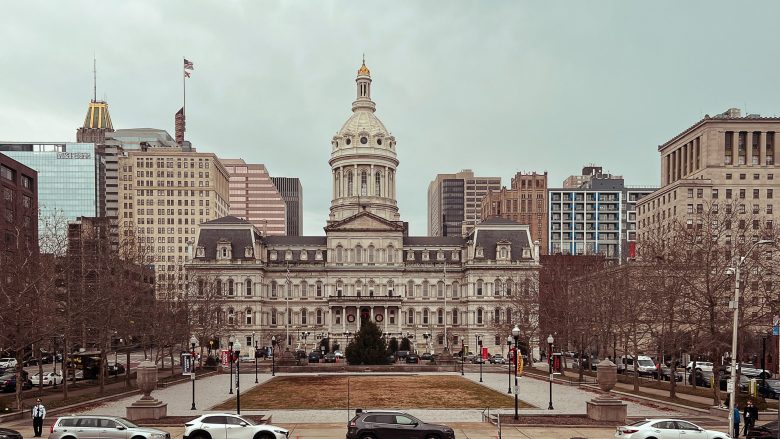Trump and Republicans want resegregation
Since he took office last month, President Donald Trump has been on a tear as he and the Republican party try their hardest to resegregate the United States. The president has used executive orders as his weapon of choice against real or perceived measures of economic justice for people who are not white and born a man. One order, issued Jan. 21 and titled “Ending Illegal Discrimination and Restoring Merit-Based Opportunity,” specifically brings up the Civil Rights Act of 1964. That piece of legislation banned discrimination based on race, color, religion, sex and national origin.
“It shall be an unlawful employment practice for an employment agency to fail or refuse to refer for employment, or otherwise to discriminate against, any individual because of his race, color, religion, sex, or national origin, or to classify or refer for employment any individual on the basis of his race, color, religion, sex, or national origin,” reads one part of the Civil Rights Act.
Trump wants to stop the protections the act provides for marginalized people (that is, those who are Black, brown, women, queer, or disabled) not just in the federal government but in private business, too.
“These illegal DEI and DEIA policies also threaten the safety of American men, women, and children across the Nation by diminishing the importance of individual merit, aptitude, hard work, and determination when selecting people for jobs and services in key sectors of American society, including all levels of government, and the medical, aviation, and law-enforcement communities,” Trump’s order reads.
Those policies are, of course, not illegal, nor do they threaten anyone’s safety.
The order codifies the same sentiments Trump expressed at a press conference after a deadly airline crash on Jan. 29 in Washington, D.C. There he said, without merit, that the crash was the result of DEI practices in the airline industry.
Baltimore City Council sues the Trump Administration
As Trump and Republicans seek to establish a new social order (or, rather, reestablish an old one), attorneys, advocacy groups, and even Democrats are pushing back.
On February 3, Mayor Brandon Scott, the Baltimore City Council, the National Association of Diversity Officers in Higher Education, the American Association of University Professors, and the Restaurant Opportunities Centers United announced a joint lawsuit against the Trump administration.
“The lawsuit filed in U.S. District Court for the district of Maryland alleges the orders exceeded the president’s authority under the U.S. Constitution and asks the court for preliminary and permanent injunctions to block the orders, in addition to finding them unlawful and unconstitutional,” wrote Reuters.
A New Exhibition Explores “Growness” and the Diaspora at JELMA
The James E. Lewis Museum on Morgan State University’s campus continues its impressive slate of exhibitions featuring the work of Black artists under the direction of Dr. Schroeder Cherry, an accomplished artist in his own right.
This stunning show features the work of Angela Franklin and Chevelle Makeba Moore Jones, two mixed-media artists from the Black diaspora with ties to Baltimore.
The exhibition is a visual meditation on navigating life and becoming “grown,” told through an array of mixed-media textiles and collage images. According to the exhibition text, “For both artists, their ‘grown journey’ culminates in the realization that there will be better days.” A visit to this show will provide enough creative fuel and inspiration to get through another week.
We recommend visiting the exhibition and Morgan’s beautiful campus. The exhibition, which opened on January 20, is on view through March 14, 2025. Be sure to check out a reception and special theater presentation on Sunday, March 2; the artist talk on Wednesday, March 5; and a collage workshop on March 6.
For more information, visit jelmamuseum.org, email gettingtogrown@gmail.com, or call 470- 342-4143.
The James E. Lewis Museum (JELMA) is located in the Carl Murphy Fine Arts Center, Morgan State University, 2201 Argonne Drive.

